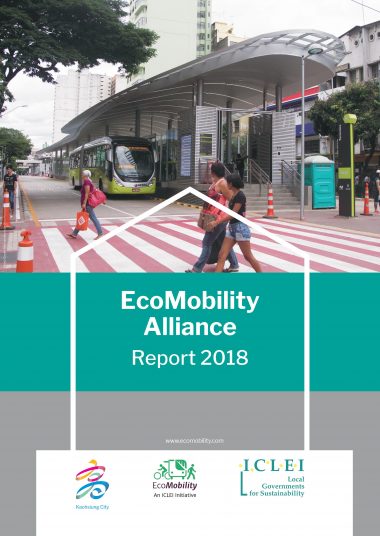“Vais para onde? Taxi?” may be the most common phrase one hears in Quelimane, a seaport and industrial city at the east-central part of Mozambique. Quelimane is the first city to introduce bicycle taxis (taxi-bicicletas) in Mozambique, and there is a running joke that the city has more bicycles than registered people. Traffic congestion in the city is not caused by cars but bikes, a good problem for the city council to solve. Such concepts of bicycle-taxis are also catching on in Europe.
Bicycles replace buses that do not exist in the city. Taxi-cycling is the way for many young adults to earn their bread and butter for their families. The price of buying bicycles increases gradually as the market is getting bigger. A bicycle which may cost 35 USD in 2014 may cause more than 100 USD today, making it increasingly expensive to be a bicycle taxi driver *. With many bicycles on the road, most accidents involve bicycle taxis as many newcomers in the industry do not know the traffic rules. Despite this, the city does not perceive bicycles as a nuisance but works towards enforcing the traffic regulations and improving road safety to benefit the cyclists. All primary school students are taught traffic rules and safe walking practice to enhance awareness. The municipal authorities provide training to bicycle-taxi drivers but are insufficient because many join the industry daily.
Given how dependent residents in Quelimane and the rest of Africa depend on walking and cycling, the urgency is higher to provide pedestrian and cycling infrastructure to maintain this modal split. Quelimane is also working towards establishing cycling paths, cycling highways and shared bicycle program to improve cycling conditions. This should be the norm for all types of new projects or developments, as sustainable and efficient mobility is a pre-condition for economic growth and personal wellbeing.

